At the End of the Day We Have Nothing Left: Why Expectations Bring Unhappiness
Whisky. Every so often I find myself in front of the whisky cabinet, pouring myself one of the more peaty and smokey whiskies, going to the porch and sitting down, looking over the mountains with the moonlight painting everything a soft yellowish colour. The first sip is overpowering, almost like taking in only smoke from a fire next to you. The next one brings back old memories from distant past you do not like. The third sip burns, but it also reaffirms that life is good just the way it is. And yet sometimes at the end of the day, we have nothing left to show.
I started working at a small scale bakery just over a month ago. My days are filled with flour, bread, yeast and fermentation. With this I am still trying to finish my degree in philosophy. Keeping everything in place is tough, but the journey and the ride is fun. But this is not the topic of this post. The topic is something more in the line of why expectations bring unhappiness, or can lead to a more unfulfilling life. Keep on reading if you want to find out more about how this is possible, and how a philosopher of about 2300 years ago, changed the way we view life.
David Hume, in a way, showed us the problem of induction. Using induction (in a more scientific context) to prove induction is a circular argument and thus does not prove induction. We are left with the option of either throwing everything in air, going crazy, or we can accept this as the nature of our world. David Hume got this way of thinking from the Philosopher Pyrrho. Pyrrho said that we cannot make any judgements about the nature of things because we cannot choose one explanation over the other. Or in other words: one explanation can be just as good as another. We should suspend our judgement of things, we should hold out on making claims. This suspension of judgement will bring forth happiness. What does this mean?
When we make a judgement about something (for example by believing something about something; honey is sweet; or this person likes me) I am making an expectation that can either be met or not be met. When it is not met, I will become sad or unhappy about the situation. When it is met, I will be happy. But this brings forth unease, or an anxious feeling because it can go either way. For Pyrrho things does not have a nature in themselves. Things cannot be good or bad by nature, we force our own views onto things. We put the label of "good or bad" onto things. Unease will follow because good things will make us happy and bad things will make us unhappy. But there is no guarantee that things will be good or bad, thus unhappiness will follow because I am always on the lookout for things to be good.
When I suspend my judgement of things, i.e. not labeling things good or bad, I will also lose the unease that caused my unhappiness. Happiness will follow me like a shadow follows a body, in the words of a later follower of Pyrrho. This sounds simple, but it is not always easy to live by this. We as humans want to order nature, we want to get rid of the chaos and place things in neat holders. But life is not like this, life is messy. Life is not something you can cut up and place into neat clear-cut labels. Different languages have different words, concepts and contexts for things. If this was not the case, translation would have been very easy, or in fact, everyone could have learned a new language because there would have been a one to one correlation of things to words. But this is not the case, the world is fuzzy and at the end of the day, we may not have anything left but our own feelings and expectations that bring unhappiness.
I take the last sip of my whisky. I put away the glass and I head back in where the laughter and the voices come from. I sit down at the table, I look at the table full of food; bread, meats, dips, nuts, cheese and lots of wine. At the end of the day we have nothing left but the taste of good food and the company of friends and family. We suspend the judgement of things, we don't label things as good or bad, we live our lives according to appearances. We wait until happiness follows, like the shadow following a body. We smile, we face each day, and we end up in happiness.

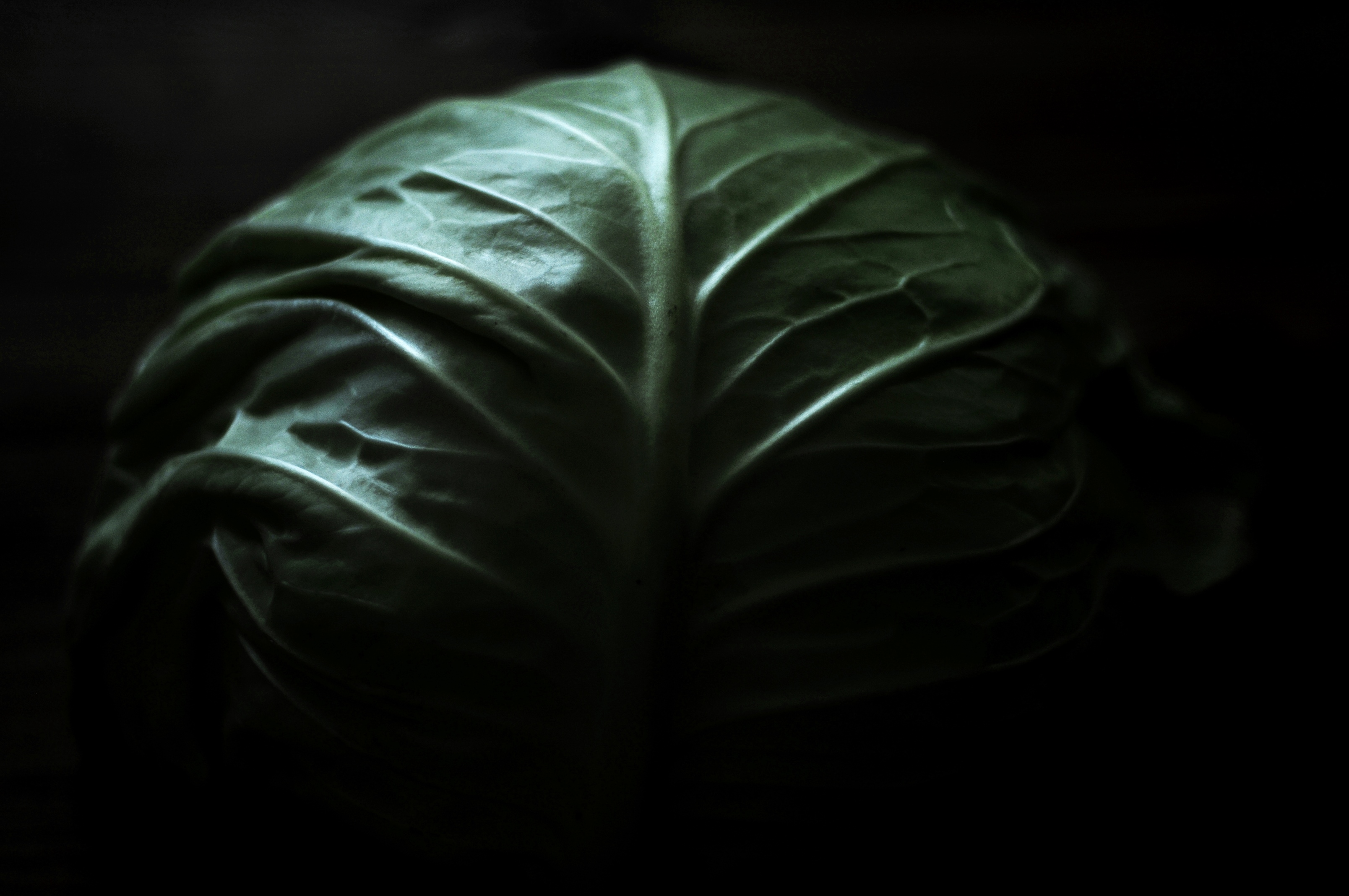
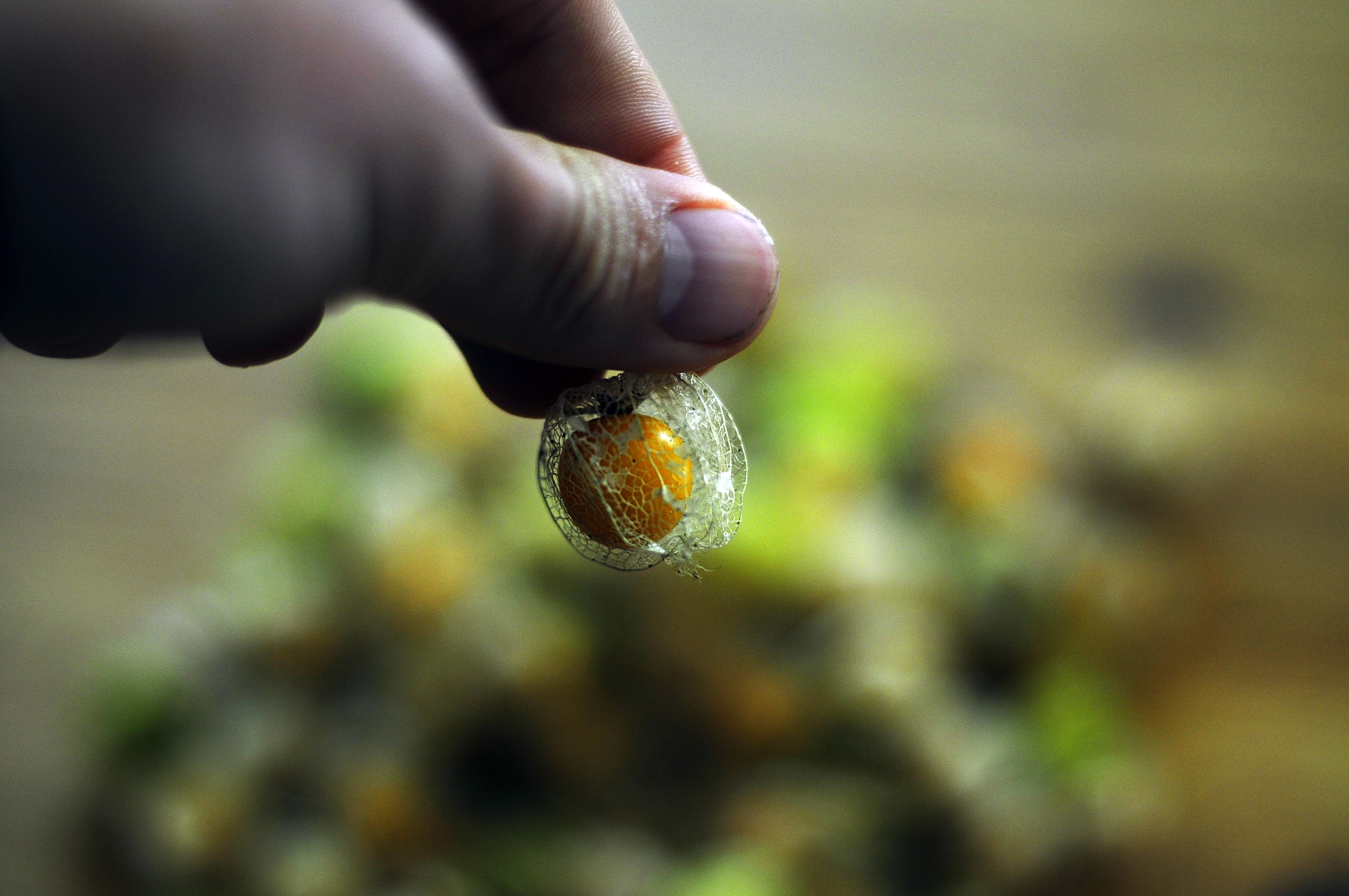

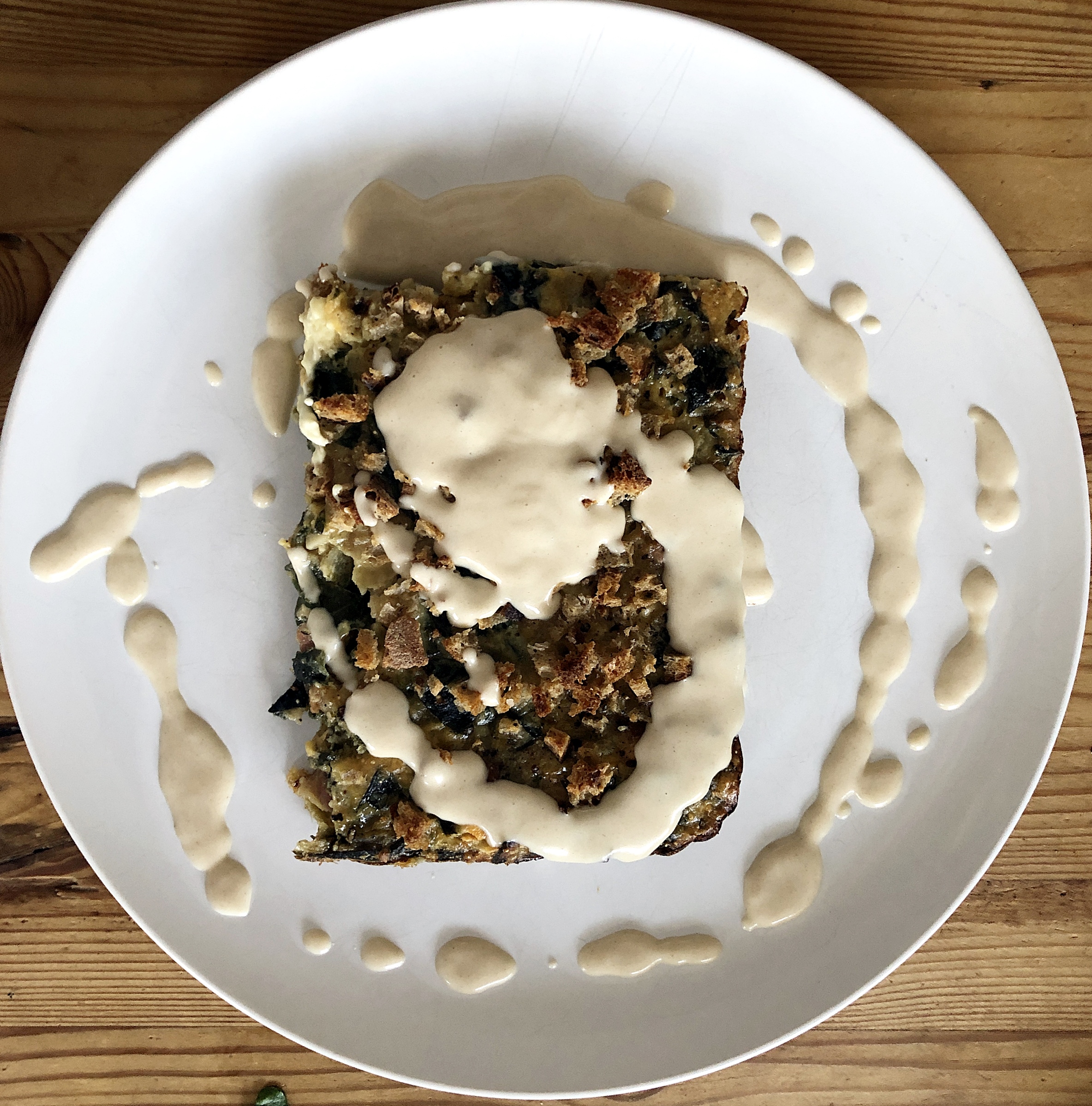
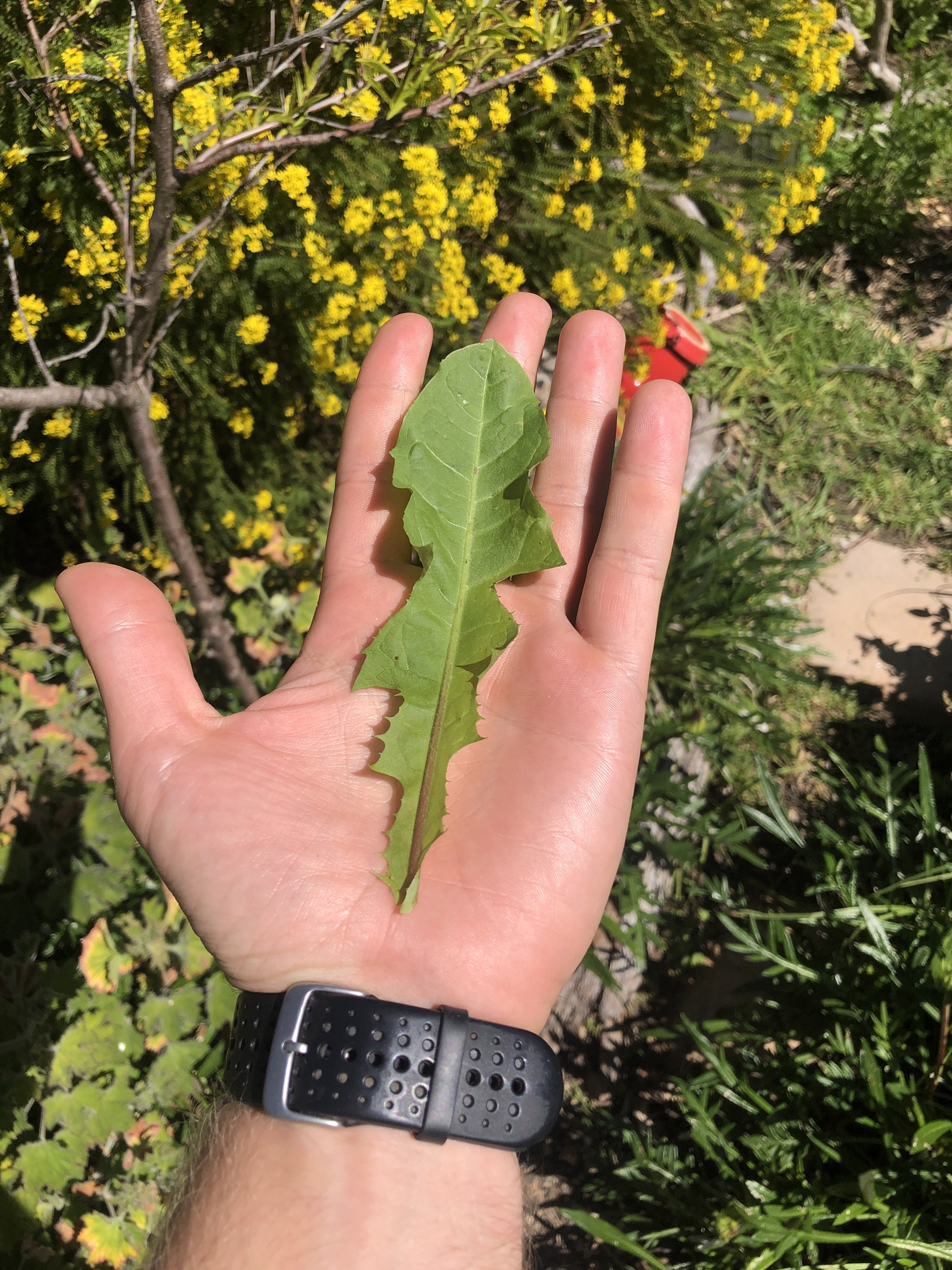


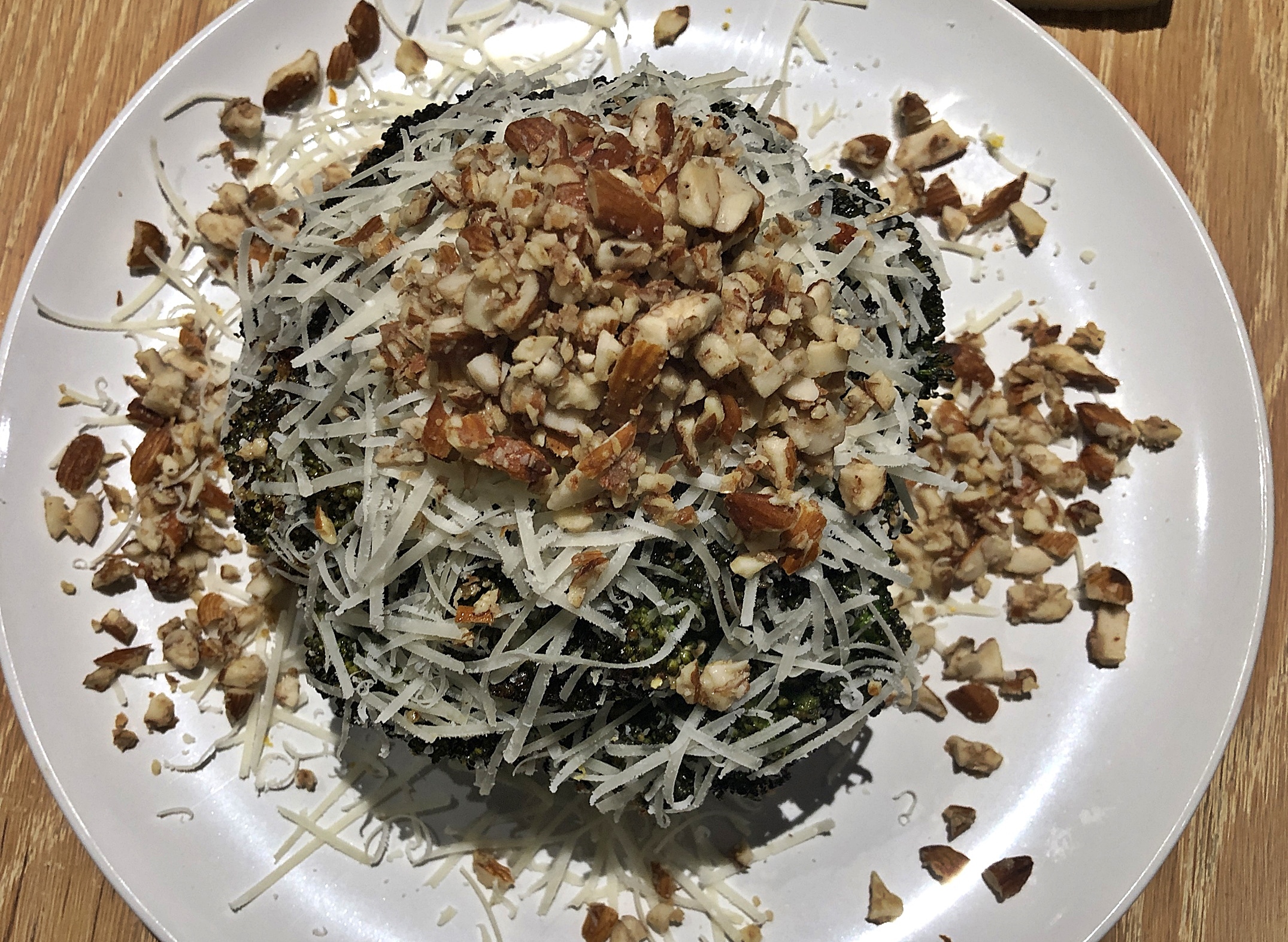
Comments